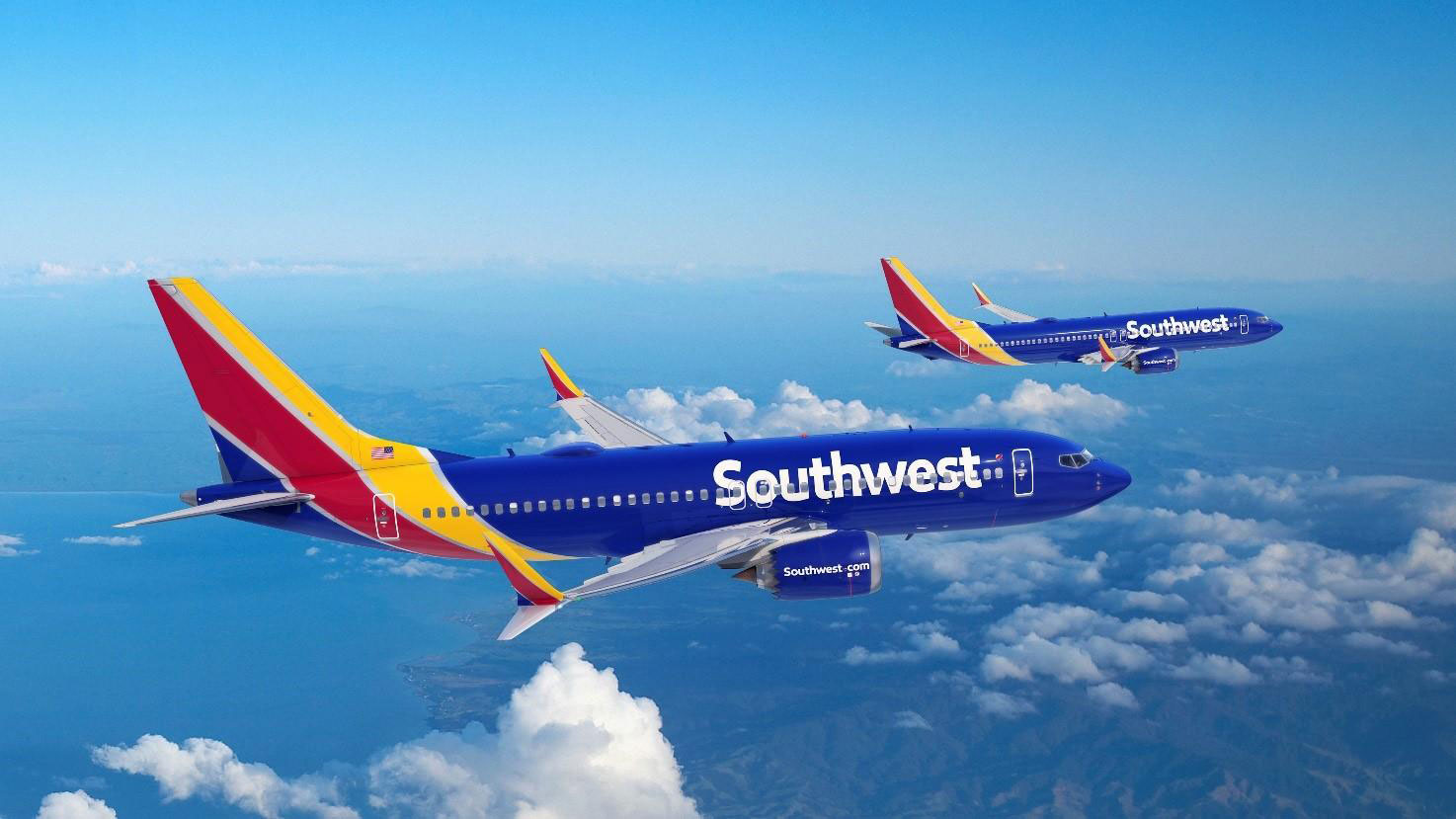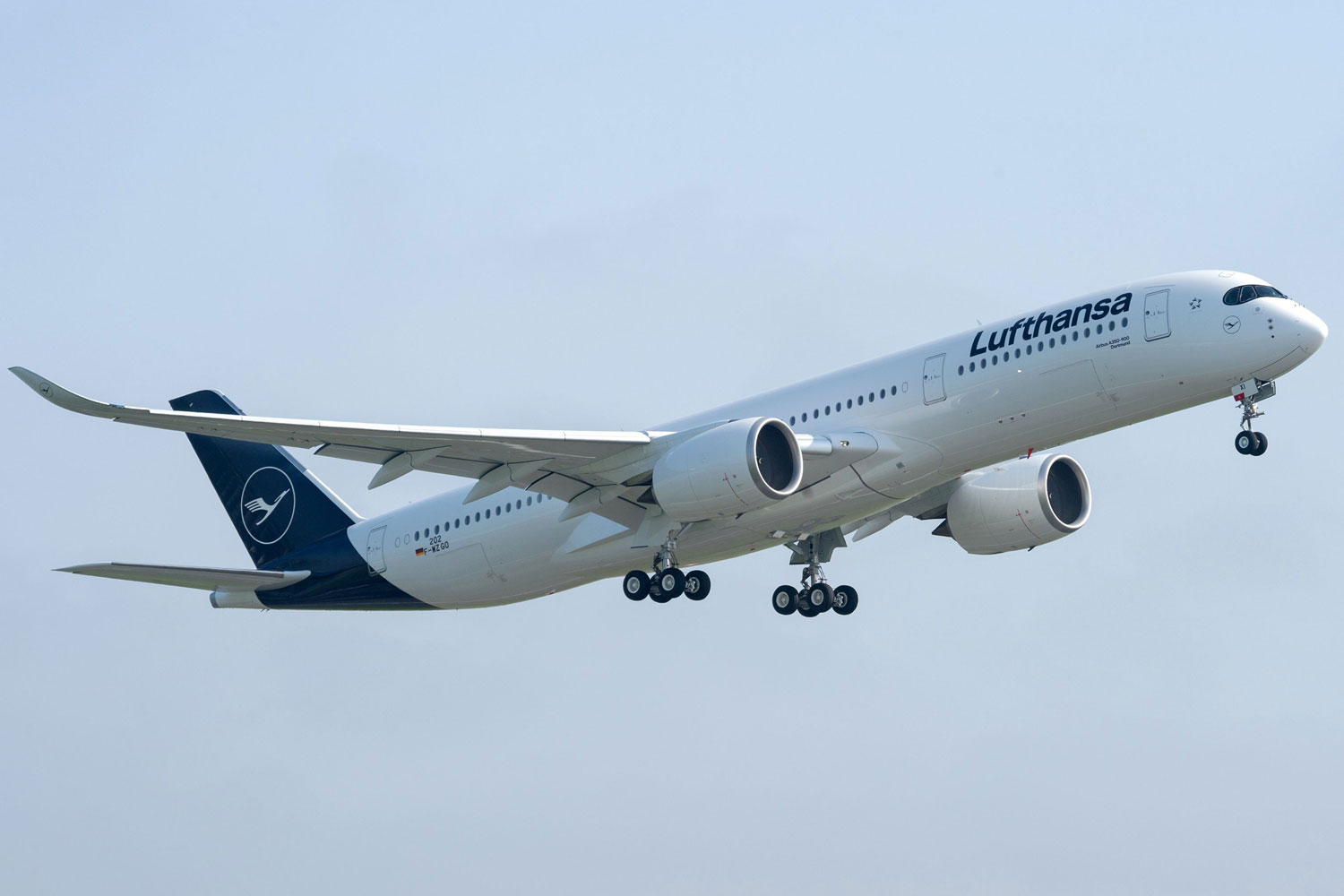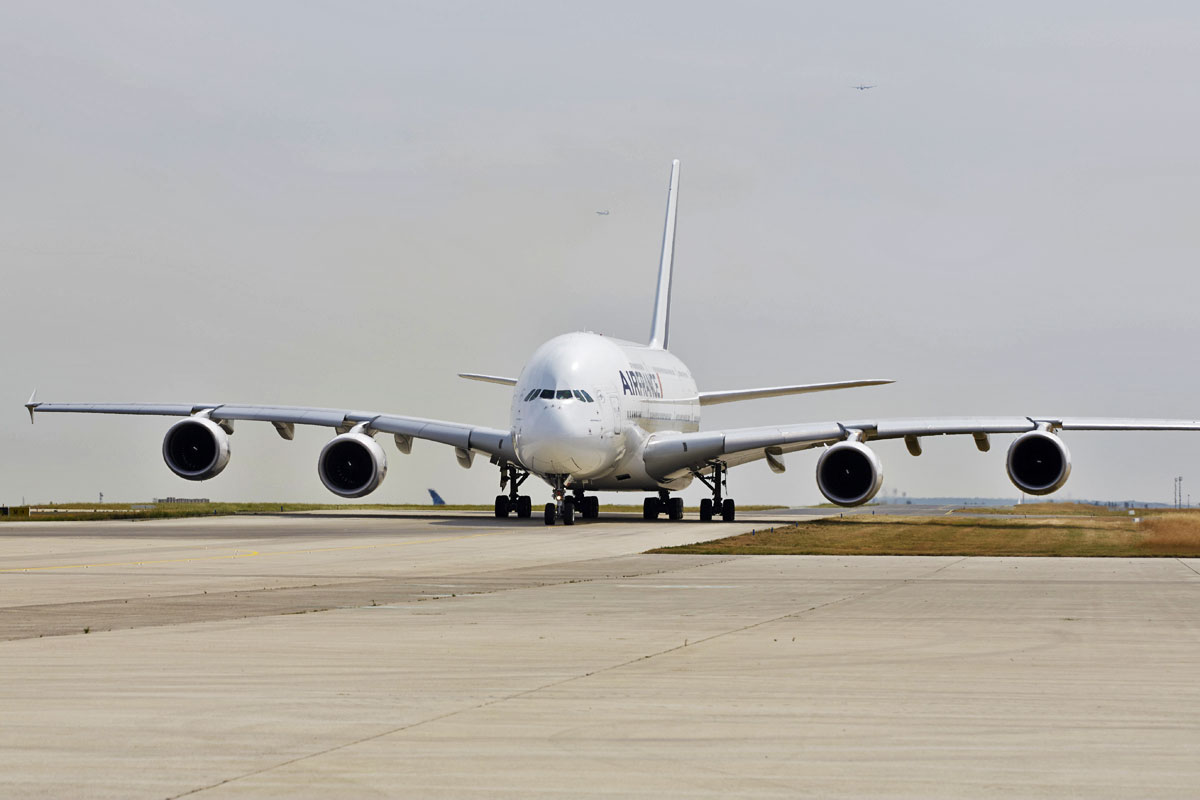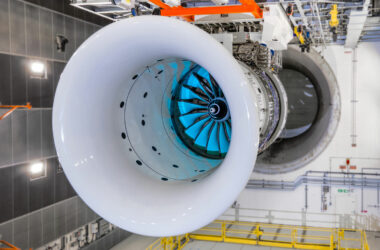In a year impacted by the drop in demand for air travel in the world, Boeing and Airbus have been struggling to close new deals in their commercial aviation divisions. However, the result of this effort is hardly noticed.
The reason involves the massive cancellations of old agreements that still persist in recent months.
Airbus, for example, ended May with a total of 20,345 commercial jets on order. There are 31 fewer aircraft than in January, due to cancellations of the A320neo, the best-selling model of the European planemaker today.
Even the addition of 19 A220-300 and six A321neo was not enough to neutralize the lost 52 A320neo that Airbus was recording in May.
Last month, Lufthansa theoretically expanded its A350-900 order by five aircraft, but the widebody order total rose by just two units due to cancellations of previous orders, including the German carrier itself.

Cancellations persist
After the 737 MAX crisis, Boeing saw several customers abandon the single-aisle jet, but recently the US manufacturer has returned to announcing large orders like the one from Southwest.
The airline, which is the largest customer of the jet in the world, ordered another 100 737 MAX 7 in March and last month returned to order another 34 units of the same aircraft, which were included as a purchase option.
Thanks to this order and other deals, Boeing ended May with 73 new orders. Discounting the 17 aircraft delivered, the airframer’s backlog should have gone up to 5,037 aircraft, but there are 4,983 jets pending delivery currently, just two more than April.
Again, cancellations are concentrated on the 737 MAX, whose backlog grew by just two aircraft.
As with Airbus, Boeing has struggled to find new ones interested in its long-range jets. Excluding cargo versions, the company had only 20 new orders for widebodies, including a 747-8 VIP that was ready.






